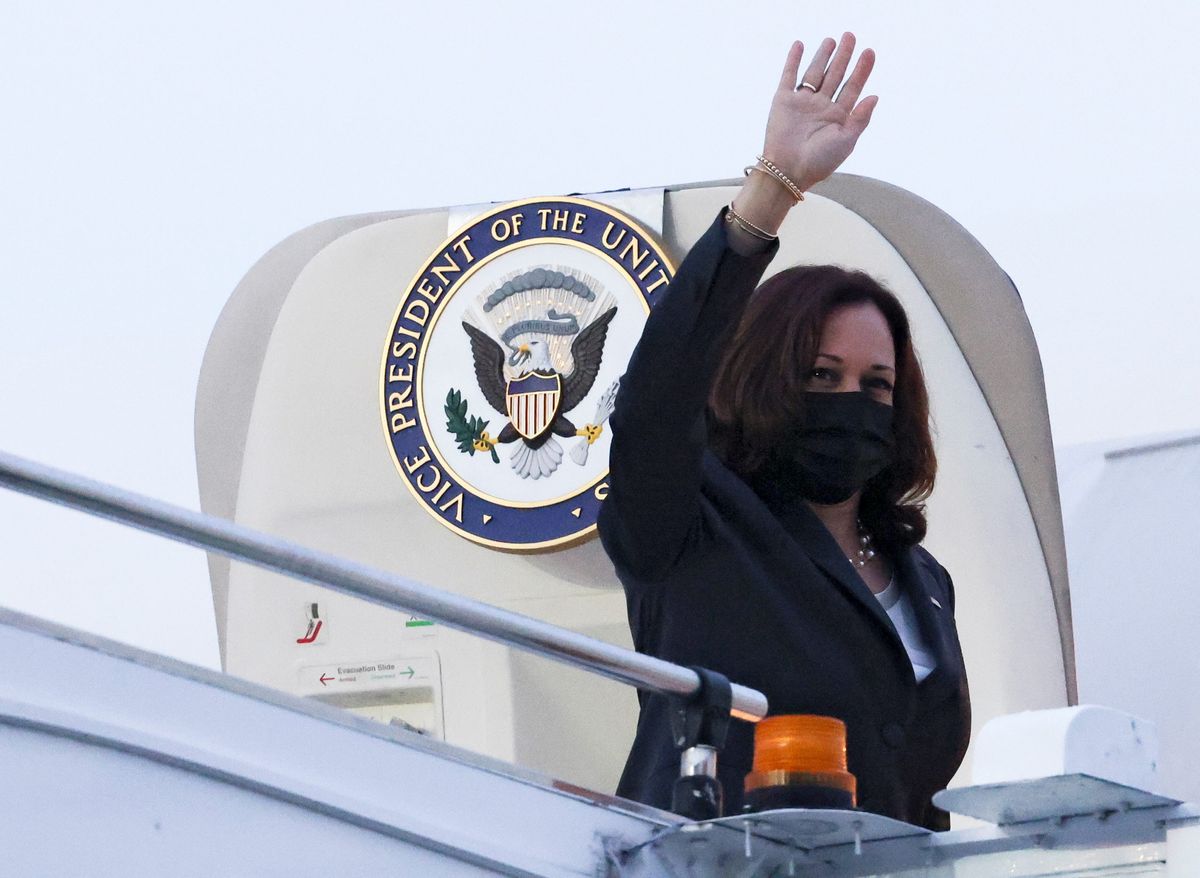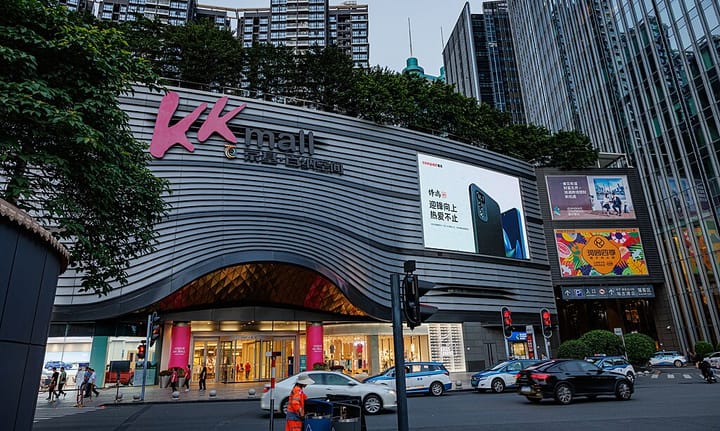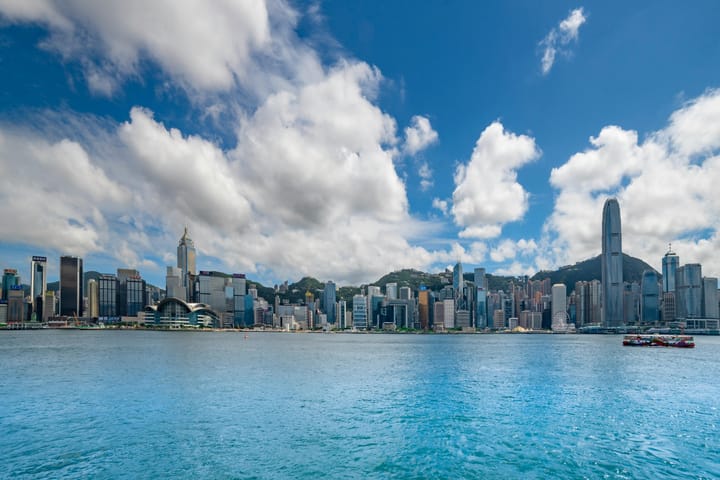What does Kamala Harris’ trip to Southeast Asia mean for US-China relations?

A few minutes every morning is all you need.
Stay up to date on the world's Headlines and Human Stories. It's fun, it's factual, it's fluff-free.
In particularly contentious areas, Biden is willing to confront China with pressure. But for other issues, mostly economic ones, competition will be the avenue the administration takes. And, on very particular issues such as climate change, the administration will seek cooperation.
What happened on the trip?
- American Vice President Kamala Harris spent around a week in Southeast Asia last week, first spending some time in Singapore, and then afterward, in Vietnam.
- The trip was supposed to signal to the more than 660 million people living in Southeast Asia that, despite what some analysts and commentators have previously said, America had not forgotten about the region.
- It was also meant to signal that the United States hadn’t abandoned economic ambitions in the region, and is looking to continue strengthening relationships there as well as expand its overall presence in order to keep China’s ambitions in check.
Why is Southeast Asia so important?
- Southeast Asia has a lot of economic opportunities. With over 660 million people living there, the region is also home to some of the fastest-growing economies right now.
- For example, Vietnam was the top-performing Asian economy in 2020 and didn’t experience a single quarter of economic contraction despite the global pandemic. Its growth was mostly credited to manufacturing and ongoing demand for its exports.
- But, even more importantly, the region is really important because of the South China Sea, which is where trillions of dollars worth of global trade pass through each year.
- But there is a lot of dispute in this region over who has control over which parts of the waters because, in theory, the more jurisdiction a country has there, the more potential they have to bring in money for their economy.
How did Harris say that the US would confront China?
- The most specific thing Harris said the US would be dealing with was the way China had claimed large parts of the South China Sea.
- “We welcome stiff competition, we do not seek conflict, but on issues such as the South China Sea, we are going to speak up," said Harris in a speech in Vietnam.
- To fight back on what she called China’s “bullying and excessive maritime claims,” Harris offered security support to Vietnam, which would include more visits by American warships to the area.
- Building ties like this with countries in Southeast Asia falls in line with the position of the Biden administration on China.
- In particularly contentious areas, Biden is willing to confront China with pressure. But for other issues, mostly economic ones, competition will be the avenue the administration takes. And, on very particular issues such as climate change, the administration will seek cooperation.
How did people respond to the trip?
- Beijing responded harshly to the criticisms that Harris voiced during her trip. In a statement by Foreign Ministry spokesman Wang Wenbin, he said, “In order to defend ‘America first’, the US can arbitrarily smear, suppress, coerce and bully other countries without paying any price,” said Wang. “This is the order the US wants, … but who will believe them now?”
- And in an editorial by China Daily, a state-run news site, the idea that the US influenced the relationship between Vietnam and China was entirely dismissed.
- “The US is daydreaming if it hopes it can alienate China and its regional neighbours including Vietnam by taking advantage of the South China Sea issue,” read the article.
- While China criticized Harris’ comments for being inflammatory, some in Southeast Asia had a different bone to pick, saying that there was little substance to what the US was committing to.
- According to James Crabtree, the executive director of an Asia-based strategy think tank, “there was little sign of the kind of big ideas and ambitious new proposals needed truly to compete with China in this part of Asia.”
What’s next?
- There are really two things to be watching. First, it remains to be seen how effective the US actions will be in the region.
- Second, China’s response will indicate how effective the US engagement in the region is.
- But, Southeast Asia isn’t Biden’s only way to put pressure on China, it’s simply a way of putting some new pressure in an area where China has made gains in recent years.
- Harris also reassured the region during her time that moving forward, the US’ deeper engagement won’t mean that it will force countries to choose between the two superpowers.
- “Our engagement is about advancing an optimistic vision that we have for our participation and partnership in this region,” said Harris.
- Ultimately, this is one of the first attempts at the Biden strategy on China, and so how China reacts will provide us with a bit of an indication of how Biden’s China strategy may play out going forward.
Have a tip or story? Get in touch with our reporters at tips@themilsource.com




Comments ()